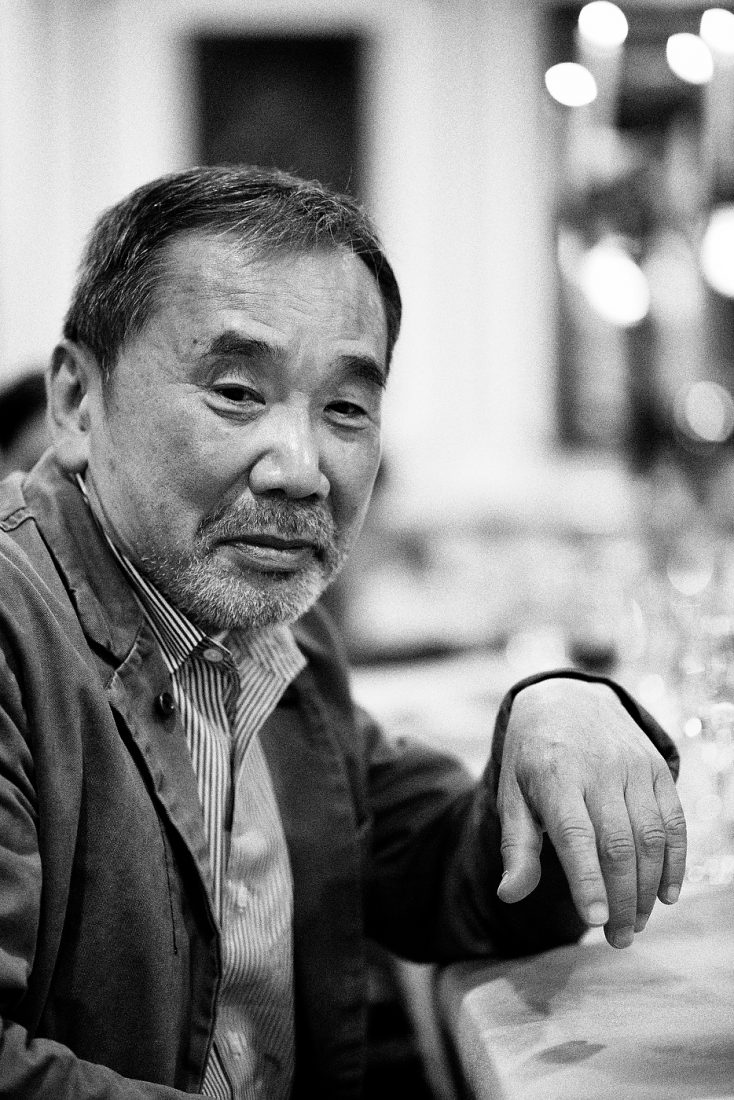We speak to connect with one another

Speech by Pablo Corral Vega, Secretary of Culture of Quito, at the 2018 Book Fair
Our civilization is built on the foundation of language. I would even go so far as to say that time, the perception of time, is linked to language.
Let us suppose a Homo sapiens who has not yet acquired language by trying to explain with grunts the first experiences of his childhood, or explaining to another his desires and aspirations for the future. Surely the ability to remember and project will be intact, but without language that very personal experience could not be shared with others. That man or woman, without the capacity to express himself or herself, will quickly return to his or her inner self, to his or her life experience, to his or her present, to his or her sensations.
Only the present exists, the here and now, we know that. The past and the future are a mental construction, Theravada Buddhists explain it with total conviction. And like any mental construction, they depend on words to exist.
If we talk about that particular smell that our grandmother’s house had, if we remember the sensation of touching the skin of someone we love for the first time, if we talk about the heart that tears and shrinks in the brutal silence of death, if we imagine or dream or wish… if those memories and sensations cannot be communicated, do they exist? How does the forest sound when no one can hear it?
We speak to connect with one another, language is the mirror in which we discover ourselves. Certainly if we are alone, lost in a forest, we would stop talking. Because the meaning, the raison d’être of language is the recognition that the other exists, that the other matters to us, that his or her perspective interests and enriches us. And it’s in the other, in their reflection, that we are. Language is the vital testimony that the human being was not created as an autonomous and self-sufficient island. Language is the vehicle in which memories travel, the container that holds the past and the future, the link that makes us human, that allows us to express what we were and what we will be. Language is the tool we use to tell stories… And we humans are made of stories.
Language is the brick with which memory is built, and without memory civilization would be condemned to restart, to refound itself, to relearn again and again in a kind of Sisyphus’ punishment, desperate and infinite. Learn and forget, learn and forget…
In that equation that gave birth to culture, language is the first algebraic expression and the book the second. Writing and books give the word the possibility of surviving beyond the present.
The miracle of the book is that in its heart of pulp and bark are engraved the symbols that evoke, that call to memory, that build, that collect, that reinvent. Books and the symbols they contain are windows, portals, which communicate us with the life experience of others, even of others who have ceased to exist. It is in the book that the common experience of humanity, the experience of our communities, is stored. The words that they contain are invariably alive because in their ambiguity there is room for the complexity of those who read them. Words are jumping, dynamic, playful, they are continually transformed into others, always evoking, awakening new ideas from those who look at them.
I am a lover of the concept of hierophany, those sacred windows that connect us to other worlds. The Virgin of Guadalupe or the Virgin of Quinche become hierophanies in the eyes and hearts of their faithful. The books, each one of the books are connections with the sacred, mirrors in which we look at ourselves and in which we recognize ourselves as perfectible, slaves of the pain that the death of those we love generates in us, and in which we also discover ourselves as powerful, subjects of thunderous emotions and of the sweetest calm, belonging, in short, to the human species.
The festival that celebrates the book is the central festival of our culture. Let us not forget it. In this building are all the stories, the mirrors that transport us to our own soul. In a corner of this fairground will be Marguerite Duras at 16, with her lover…
Body kisses make you cry. They’re kind of comforting. I don’t cry in the family. That day, in that room, tears comfort from the past and also from the future.
Borges will be there writing his Milonga del muerto:
I dreamt it in this house
Between walls and doors.
God allows men
to dream things that are true.
At night Khayam sits beside a raging fire:
Believe me, drink wine. Wine is eternal life, a filter that gives us back our youth. With wine and joyful company, the season of roses returns. Enjoy the fleeting moment that is life.
When we leave, the characters of the books wake up and the alleys of this fairground are filled with the inevitable fragrance of life that does not surrender.
This past weekend we were visited by the great artist Michelangelo Pistoletto. The heart of his philosophy is the concept of trinomia: one plus one is three. When two human beings meet, something new necessarily arises, a third element resulting from the encounter. One plus one is three. When each of us meets a book, something new arises, something that never existed before.
May this celebration of the book give rise to powerful encounters and may our lives be filled with the universes that the book contains.




